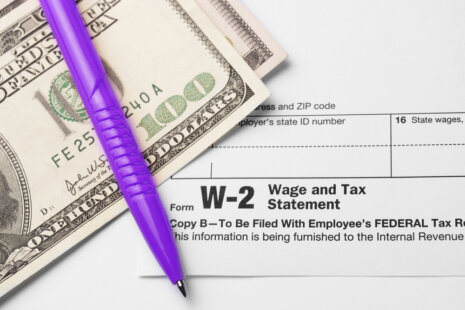Categorizing your expenses is a fundamental practice in financial management for individuals and businesses.
It offers several important benefits:
- Expense Tracking: Categorizing expenses helps you keep a clear and organized record of your financial transactions. This makes it easier to monitor your spending patterns, identify where your money is going, and gain a comprehensive view of your financial health.
- Budgeting: Categorization is crucial for creating and sticking to a budget. When you categorize expenses, you can allocate specific amounts of money to different spending categories. This allows you to set financial goals and track your progress toward them.
- Financial Analysis: Expense categorization enables you to analyze your spending habits and make informed financial decisions. You can identify areas where you may be overspending or opportunities to cut costs. It also helps you prioritize expenses based on your financial goals.
- Tax Preparation: Properly categorized expenses are essential for accurate tax preparation. When tax season arrives, you’ll have a clear record of deductible expenses, which can help you maximize your deductions and potentially reduce your tax liability.
- Business Financial Management: For businesses, expense categorization is critical for financial reporting, budgeting, and decision-making. It allows business owners and managers to assess the profitability of different aspects of the business and allocate resources effectively.
- Financial Accountability: Categorizing expenses promotes financial accountability. It helps you take ownership of your financial responsibilities and encourages disciplined spending and saving.
- Identifying Trends: Over time, categorizing expenses can reveal trends in your financial behavior. For example, you may notice seasonal fluctuations in certain expense categories or changes in spending habits as your income or circumstances change.
- Avoiding Overdrafts and Late Payments: By categorizing expenses and monitoring your accounts regularly, you can avoid overdrafts and late payments. This prevents costly fees and helps maintain a positive financial reputation.
- Financial Planning: Expense categorization is a fundamental component of financial planning. Whether you’re saving for retirement, planning for a major purchase, or working toward other financial goals, categorizing expenses is a crucial step in the planning process.
- Evaluating Financial Goals: As you categorize expenses and track your progress, you can evaluate the effectiveness of your financial goals. If you’re consistently falling short of your goals, categorization can help you identify areas for improvement and adjustment.
To effectively categorize expenses, you can use financial software or apps, create a spreadsheet, or maintain a handwritten ledger. Choose a method that works best for you and commit to regularly updating your expense categories to ensure accurate financial management.




